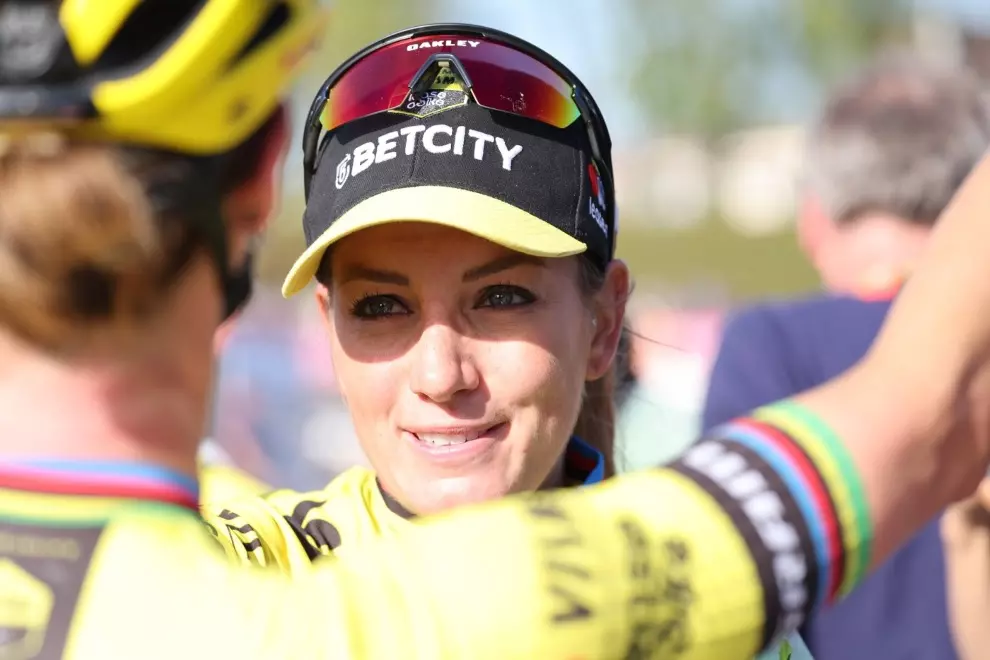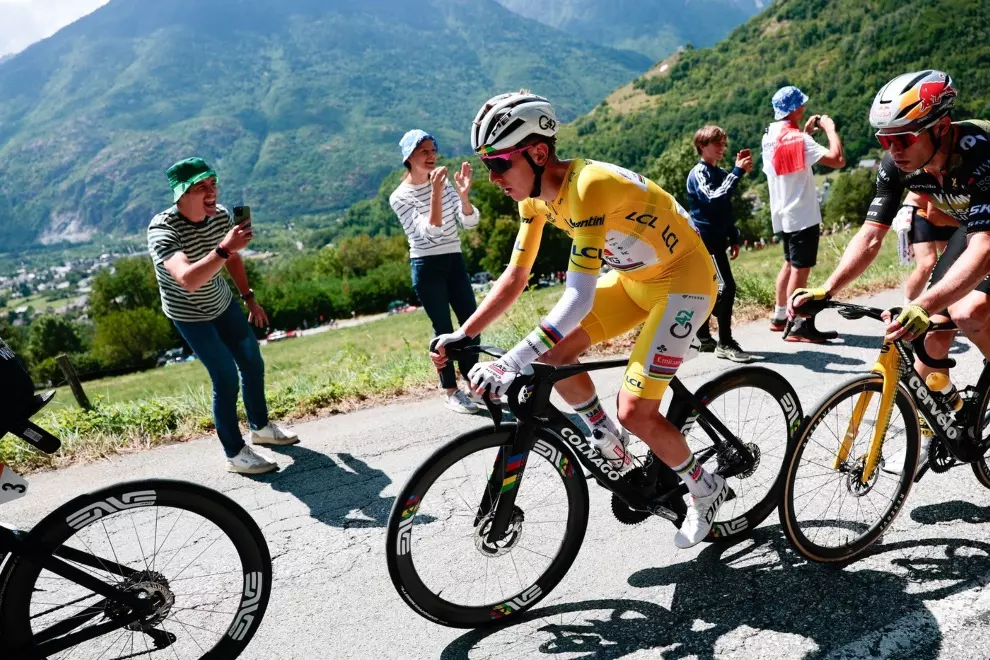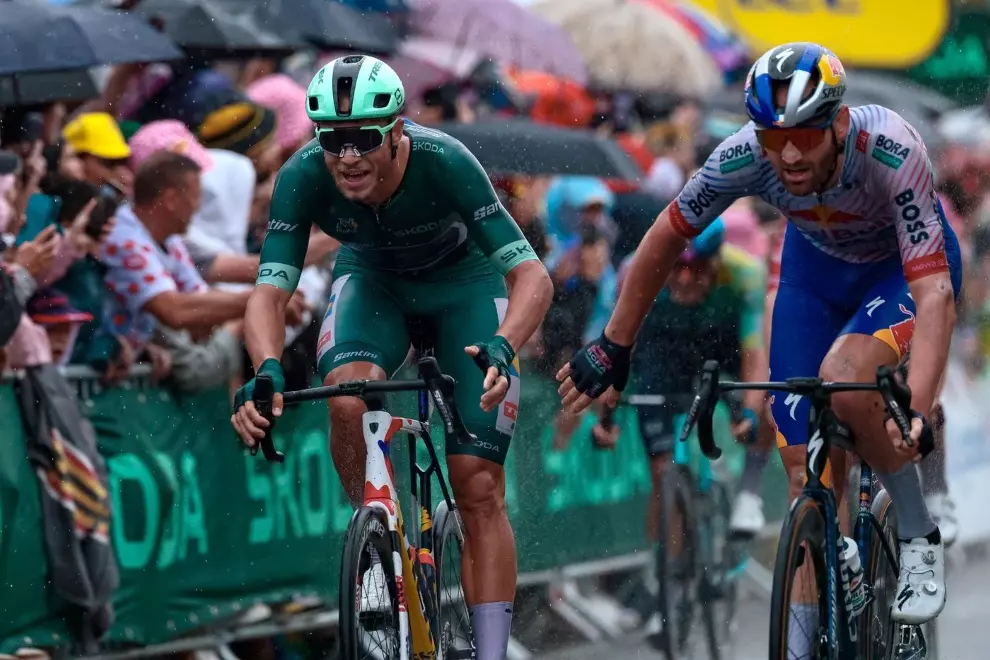Before
Set a realistic goal or intention
Going into an event with a goal or intention that is appropriate for your skill level will help you gauge your performance in a way that is meaningful to you. You’re likely going to be riding with a diverse group of cyclists, many of whom will be much more or less experienced. Remember that your progress is relative and find a way to make the event your own. It can be helpful to visualize yourself achieving your goal in the days leading up to the race. For example, try imagining the positive outcomes that will get you where you want to be, as well as seeing yourself responding to any challenges that will come your way as part of your race.
Make a race day checklist
With all the training and effort you put into preparation, you don’t want to end up being waylaid by something that could have easily been prevented. Although there are going to be many things that are out of your control come race day, there are also many things you can do to prepare. Having a checklist can be a great way to make sure nothing gets left behind. Keep the list on hand and make sure to include everything from your bike and gear (inducing a pump, a spare tube, and tools) to what you’ll need to stay nourished and hydrated. Adding practical details to the list like your racing license, rider release form, or membership card (if applicable) can also help ease stress and anxiety on the day itself.
Get there early
This might seem obvious but we’re so naturally inclined to underbudget time that it often doesn’t play out as smoothly as imagined. Arriving early will give you time to relax and acclimate to the atmosphere. You don’t want to be rushed when it comes to registration, changing your clothes, warming-up, or any other pre-ride rituals that you have. Being early will also ensure that you’ll be able to deal with any minor mechanical issues that need attention.
Accept how you feel
No matter how much we train or prepare, we simply don’t have total control over our bodies. Unexpected events, feelings, or even the weather can cause us to feel differently from one day to the next. Don’t be too hard on yourself about pre-race jitters, as everyone gets them, but also listen to your body and be willing to accept the level of strength you have that day. Focus on converting your nervous energy into adrenaline and don’t forget that you’re there to have fun.

After
Enjoy your accomplishment
Take the time to congratulate yourself for pushing your boundaries and going outside of your comfort zone—regardless of the results. Plan something special to celebrate having completed the event. This could be a nice dinner with friends and family or splurging on something like a post-race massage to help you recover.
Switch up your training schedule
Transitioning into a different training schedule post-event can be tricky to navigate. Generally speaking, this is a good time to implement some cross-training activities that allow your body to recover while still challenging you physically. This could mean hiking, yoga, or even hitting the gym. Do something you enjoy that you don’t always have time for. Set up a relaxed outdoor ride with friends and enjoy spending time on your bike without having to pay too much attention to stats or progress.
Schedule downtime
In addition to switching up your routine, make sure you set time aside to fully recover both mentally and physically from the single-minded focus that is necessary for intense training. Although part of you might want to leverage the adrenaline and momentum of successfully completing an event and keep pushing forward, it is important to remember that the body and mind both need time to recover. Cumulative fatigue is a real thing and can end up resulting in injury if you dive back into structured training too quickly.
Get planning
While you’re giving your body the chance to recharge, start thinking about what your next event will be and what you would like to accomplish going forward. The planning process will help you stay motivated and feel involved in the cycling community, even if you’re not spending quite as much time on your bike. Give yourself something to look forward to and trust that you’ll be making progress again soon.






